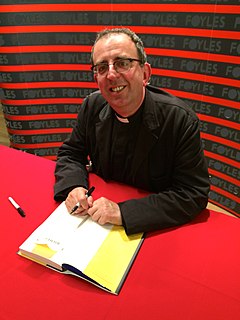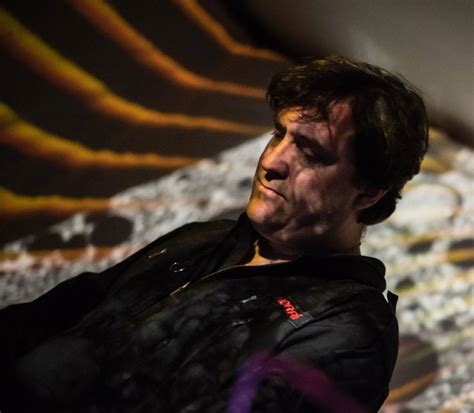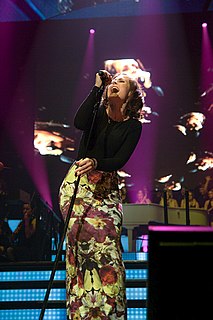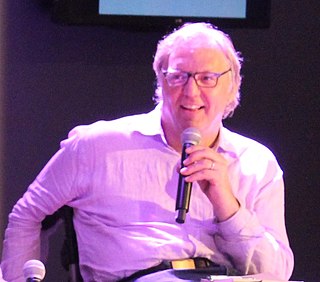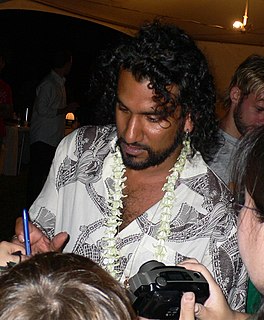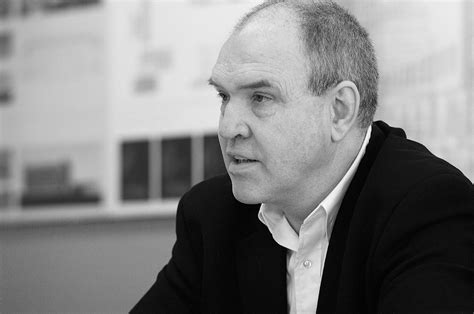A Quote by Anne Waldman
I'm curious about other universes, and nonhuman elementals. For me it's still a very lively ethos. It's a kind of practice. It's an ethos that is very sustaining.
Related Quotes
Economic systems work better when there's an extreme reliability ethos. And the traditional way to get a reliability ethos, at least in past generations in America, was through religion. The religions instilled guilt. ... And this guilt, derived from religion, has been a huge driver of a reliability ethos, which has been very helpful to economic outcomes for man.
The ethos of 50 years ago was that there was one kind of English that was right and everything else was wrong; one kind of access that was right and everything else was inferior. Then nobody touched language for two generations. When it gradually came back in, we didn't want to go back to what we did in the 1950s. There's a new kind of ethos now.
The 1960s was probably the first time in history that young people were recognized as a big group of consumers and as a commercial proposition for Madison Avenue. Advertising played a major role in creating the ethos of that era - the idea that, "Here it is, and you can have it now." I know that many kids thought that the ethos of the 1960s was due to their own peculiar virtues, but, in fact, it had a lot to do with the realities of the marketplace and commerce.
I don't have too much interest in teaching other people how to get rich. And that isn't because I fear the competition or anything like that - Warrenhas always been very open about what he's learned, and I share that ethos. My personal behavior model is Lord Keynes: I wanted to get rich so I could be independent, and so I could do other things like give talks on the intersection of psychology and economics. I didn't want to turn it into a total obsession.
In Aristotelian terms, the good leader must have ethos, pathos and logos. The ethos is his moral character, the source of his ability to persuade. The pathos is his ability to touch feelings to move people emotionally. The logos is his ability to give solid reasons for an action, to move people intellectually.
While cities are distinguished by their architecture and physical appearance, Bell and de-Shalit make a compelling case that many major world cities--and their inhabitants--also express their own distinctive ethos or values. The Spirit of Cities takes the reader on a wide-ranging and lively personal journey.



